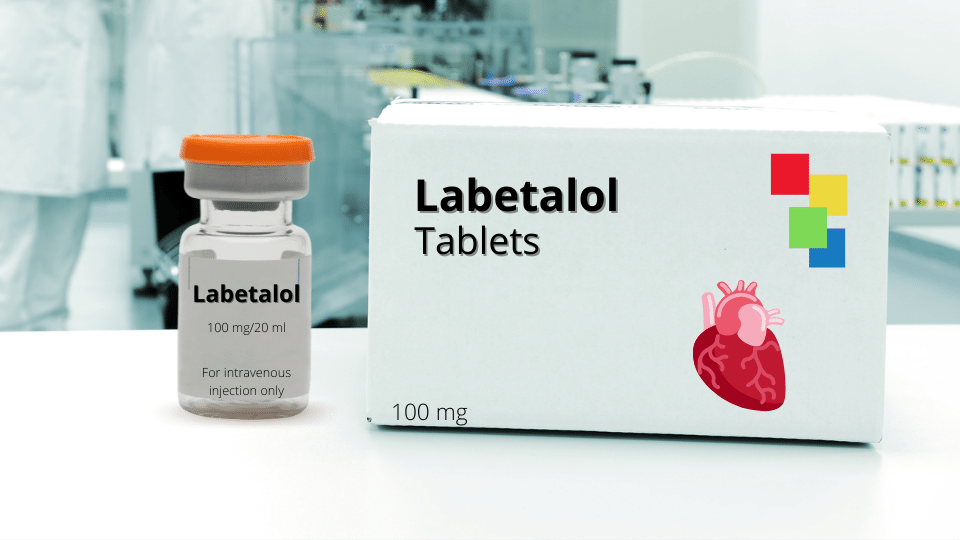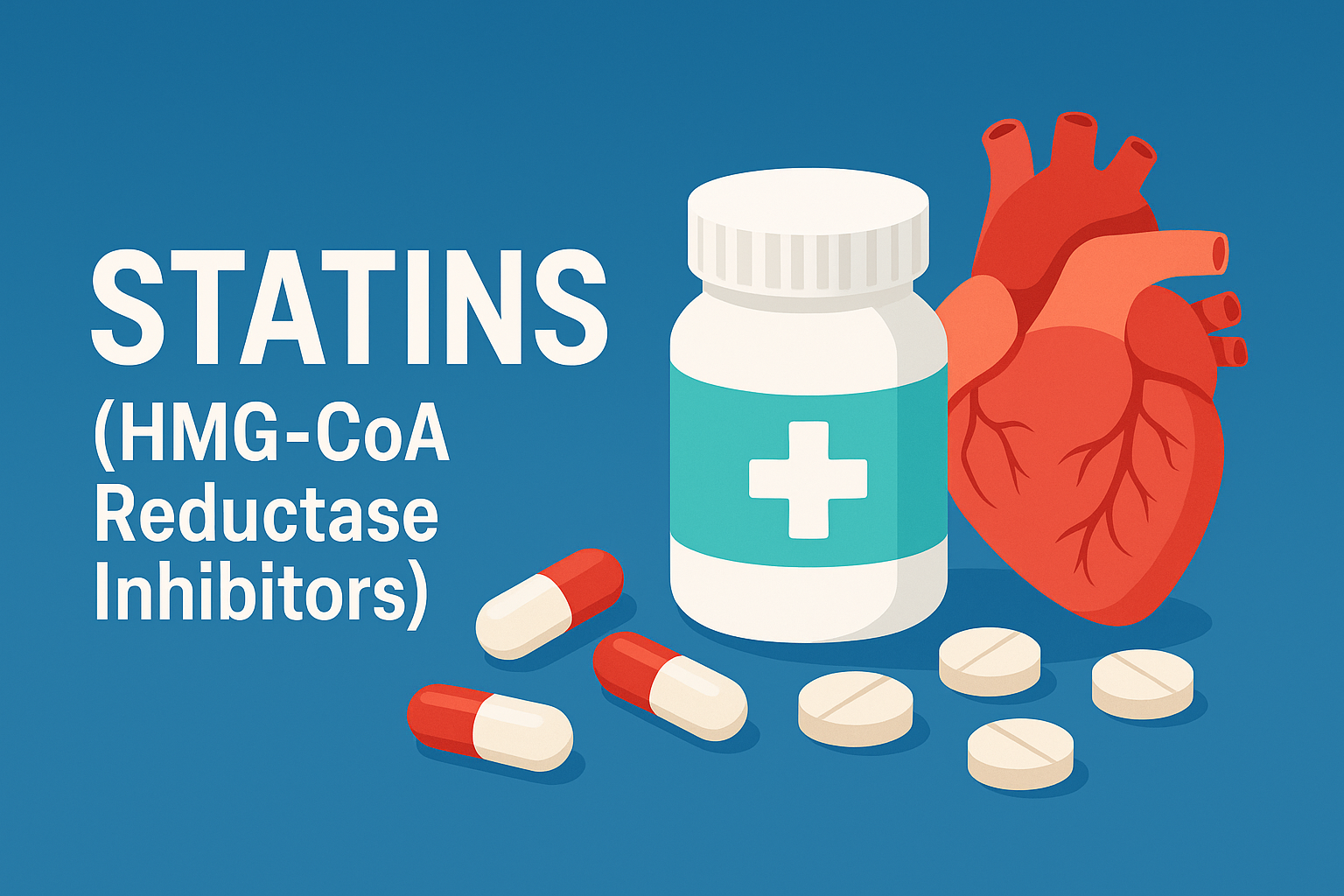Vitamin D, often called the “sunshine vitamin,” is essential for bone strength, immune function, and mood regulation. A deficiency in vitamin D can lead to serious health issues. This condition is more widespread than people realize, affecting over 1 billion people globally.
Low sun exposure, darker skin, certain health conditions, and poor diet can all contribute to low vitamin D levels. Without enough vitamin D, your body cannot absorb calcium effectively, weakening your bones and compromising your immune defenses.
Vitamin D deficiency is diagnosed through a blood test that measures 25-hydroxyvitamin D. Levels below 20 ng/mL are considered deficient, while levels between 20–30 ng/mL are insufficient.
Talk to your healthcare provider before starting supplements, especially if you have other health conditions.
If you experience unexplained fatigue, frequent illness, bone pain, or mood changes, consult your doctor for a vitamin D test. Early diagnosis can prevent complications.
Vitamin D deficiency is common and often goes unnoticed. With early detection and proper treatment, you can improve your bone health, immune system, and overall quality of life.
1. Holick MF. Vitamin D deficiency. New England Journal of Medicine. 2007;357(3):266–281.
2. Kennel KA, Drake MT, Hurley DL. Vitamin D deficiency in adults: when to test and how to treat. Mayo Clinic Proceedings. 2010;85(8):752–758.
3. Pludowski P, Holick MF, Pilz S, et al. Vitamin D effects on musculoskeletal health, immunity, autoimmunity, cardiovascular disease, cancer, fertility, pregnancy, dementia and mortality—a review of recent evidence. Autoimmunity Reviews. 2013;12(10):976–989.
4. National Institutes of Health (NIH) Office of Dietary Supplements. Vitamin D Fact Sheet for Health Professionals. https://ods.od.nih.gov/factsheets/VitaminD-HealthProfessional/
Labetalol is an antihypertensive agent which belongs to a class of medicines called beta blockers.

The urethra is a muscular canal that extends from the neck of the bladder to the exterior of body. Read more about the anatomy of urethra in this article.

Dosage guide of Lisinopril: Click to read about the dose for your specific condition and age group.

Learn about medical uses, safety profile, mechanisms and interactions of statins.

Comprehensive guide on Ozempic (semaglutide), including its uses, dosage, side effects, warnings, and interactions.
.png)